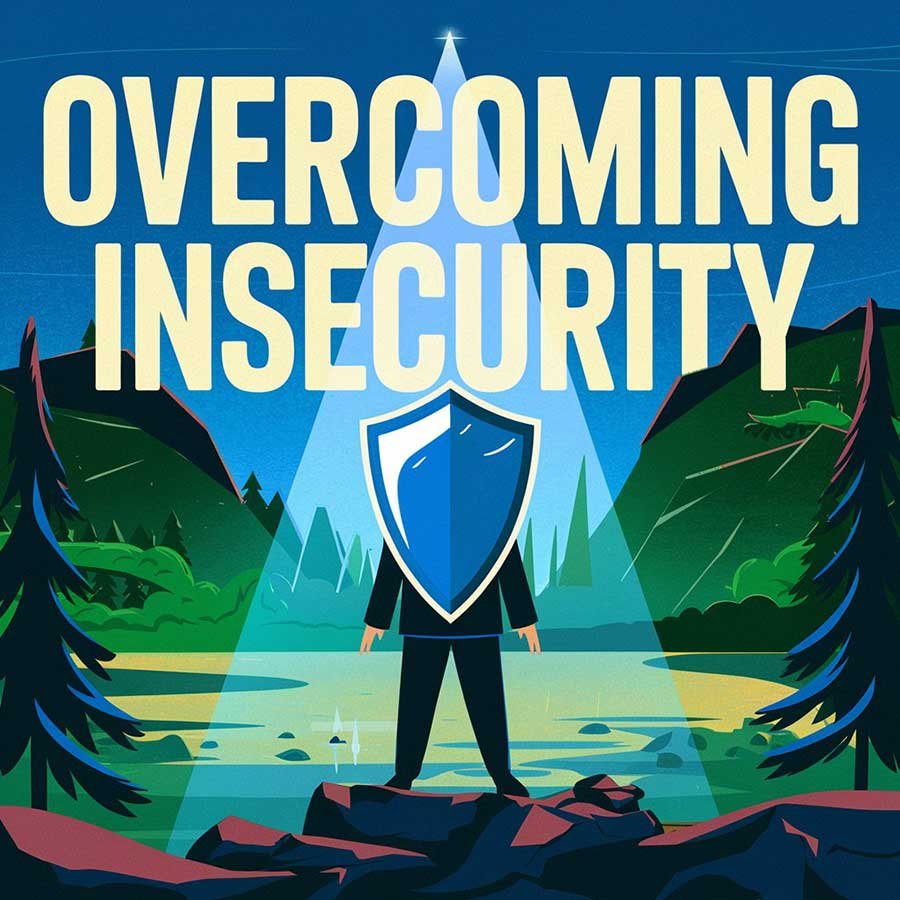
Overcoming Insecurity: A Guide to Building Confidence and Self-Acceptance
Understanding Insecurity
Insecurity is a feeling of uncertainty or lack of confidence in oneself. It can stem from past experiences, societal pressures, or internalized negative beliefs. While everyone experiences insecurity at some point, persistent self-doubt can hold you back from reaching your full potential. The good news is that insecurity is not permanent—it can be managed and overcome with self-awareness and intentional practice.

The Impact of Insecurity on Life
Unchecked insecurity can affect various aspects of life, including:
- Self-Esteem: Leading to feelings of inadequacy and self-criticism.
- Relationships: Causing jealousy, dependency, or fear of rejection.
- Career Growth: Preventing individuals from pursuing opportunities due to fear of failure.
- Decision-Making: Leading to second-guessing and avoidance of risks.
Recognizing insecurity’s effects is the first step in overcoming it and building a healthier self-image.
Common Causes of Insecurity
1. Comparison to Others
Social media and societal expectations often lead to comparisons that make people feel inadequate. Recognizing that everyone’s journey is different can help shift perspective.
2. Negative Self-Talk
Internalized criticism from past experiences can create a cycle of self-doubt. Learning to reframe negative thoughts is essential for self-acceptance.
3. Past Failures and Rejections
Previous disappointments can lead to fear of trying again. Reframing failures as learning experiences fosters resilience and confidence.
4. Perfectionism
The unrealistic desire to be flawless can result in chronic self-criticism and dissatisfaction. Accepting imperfection allows for personal growth and self-compassion.
5. Lack of Self-Awareness
Not understanding your strengths and values can make it difficult to feel secure in yourself. Self-reflection helps clarify what truly matters and boosts confidence.
Strategies to Overcome Insecurity
1. Practice Self-Compassion
Be kind to yourself when negative thoughts arise. Instead of self-criticism, offer yourself understanding and encouragement.
2. Challenge Negative Thoughts
Identify insecure thoughts and replace them with affirmations that reflect self-worth and capability.
- Negative Thought: “I’m not good enough.”
- Reframed Thought: “I am capable and constantly growing.”
3. Focus on Personal Growth
Rather than comparing yourself to others, track your own progress. Celebrate small achievements and recognize how far you’ve come.
4. Surround Yourself with Supportive People
Engage with individuals who uplift and encourage you. Positive relationships reinforce a healthy self-image.
5. Develop a Strength-Based Mindset
List your strengths and accomplishments to remind yourself of your value. Acknowledging what you do well enhances self-confidence.
6. Set Realistic Goals
Break larger goals into smaller, manageable steps. Achieving incremental successes builds confidence and reduces self-doubt.
7. Limit Social Media Consumption
Reducing time spent on platforms that trigger comparison can help cultivate contentment and self-acceptance.
8. Engage in Self-Care Practices
Physical well-being influences mental and emotional health. Prioritize:
- Regular exercise.
- Nutritious meals.
- Sufficient sleep.
- Relaxation techniques such as meditation or deep breathing.
9. Step Outside Your Comfort Zone
Taking small risks and facing fears builds resilience and strengthens self-trust. Each new experience reinforces the ability to handle challenges.
10. Seek Professional Guidance When Needed
Therapists, mentors, and coaches can provide valuable insight and strategies for managing deep-seated insecurity.
Picture This
Imagine waking up each day feeling secure in who you are. Instead of second-guessing yourself, you approach challenges with confidence, knowing that mistakes are part of growth. You celebrate your strengths and embrace imperfections, realizing they make you uniquely valuable. Your relationships thrive because you no longer seek validation—you already know your worth. This is the life that overcoming insecurity makes possible.
Share This with Someone Who Needs It
If this guide inspired you, share it with a friend or loved one who might be struggling with insecurity. Together, we can cultivate confidence, self-acceptance, and personal growth.






